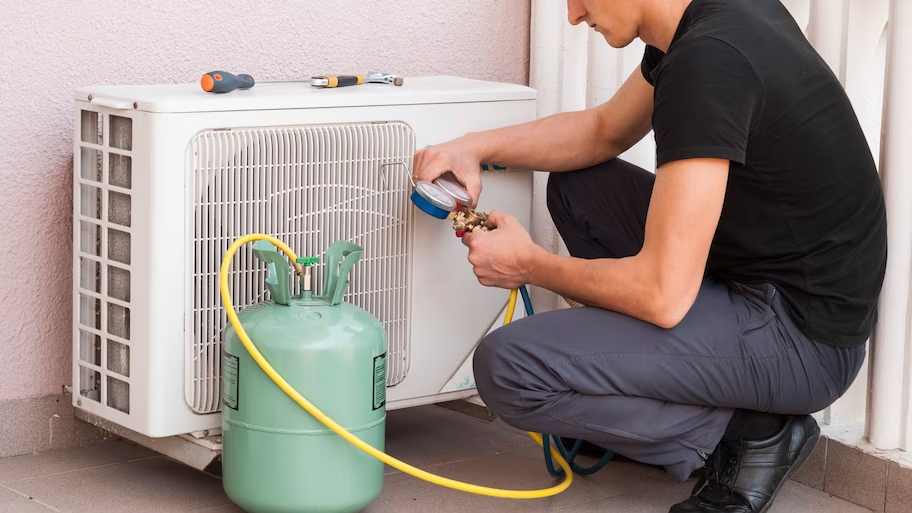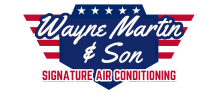Freon Phased Out? Now What?
Freon or R-22 was the standard refrigerant in air conditioners for many years. Refrigerant is the component that cools the air in your HVAC system before it is circulated throughout your home. However, as of Jan. 1, 2020, the Environmental Protection Agency (EPA) no longer allows it to be manufactured in the United States or to be imported from other countries.
Back in 2004, acting in accordance with The Clean Air Act, the EPA mandated the phase out of R-22 refrigerant as the result of growing environmental concerns about the ozone layer. If it leaks out of your system, it can damage the ozone, and the manufacture of R-22 releases byproducts into the air that are also extremely harmful. In fact, as far back as the 1970s, the EPA determined that R22 was partly responsible for the depletion of the ozone layer, a part of the earth’s atmosphere that is vital in protecting us from harmful UV radiation. A damaged ozone layer is tied to increasing temperatures, which can be harmful to people and crops, and to sun damage that can lead to cataracts and skin cancer.

Freon Phased Out in 2020:
As of 2010, they stopped it from being used in new HVAC systems, and only allowed it for repair of existing units. Now, beginning in 2020, even that option has gone away and manufacture of new R-22 is outlawed entirely.
How will this impact the cost of repairs to your HVAC system? Do you need to replace the entire unit? What are your options?
The bad news is, if your air conditioner was manufactured before 2010, it probably utilizes R-22 as its coolant. The good news is that there is no EPA requirement for change or conversion of these units, so existing units that use R-22 can continue to be serviced. And the truth is, your unit more than likely will have sufficient R-22 unless you get a leak. In that case, R-22 can still be used for it, but costs to charge have gone up substantially, since the only R-22 available will be supplies that are recovered, recycled, or reclaimed.
There’s a few other ways to handle this issue. One is to make sure your current air conditioning system is properly maintained to prevent any leaks. You can do so by signing up for one of our maintenance plans so that we provide routine tune-ups twice a year. Keep in mind that routine maintenance is far less expensive than emergency repairs. So definitely look into one of our maintenance programs. Properly installed AC systems rarely develop major refrigerant leaks, and with proper servicing, a system using R-22 will reduce its impact on the environment.
Another solution can be to consider having your HVAC equipment retrofitted to be able to use another coolant. Retrofit units, converted R-22 units utilizing a substitute refrigerant, are allowed if the alternative has been found acceptable for the environment. As R-22 has been gradually phased out, alternative refrigerants were introduced. One of these substitutes is R-410A, a blend of hydrofluorocarbons (HFCs) that does not contribute to depletion of the ozone layer. R-410A is manufactured and sold under various trade names, including GENETRON AZ-20®, SUVA 410A®, Forane® 410A and Puron®. Not all air conditioning units can be retrofitted, so give us a call to have us inspect your unit to tell you if a retrofit is a possible solution.
Your final solution is to look into buying a new more energy efficient HVAC system for your house. The truth of the matter is that most air conditioners need replacing every 10 years or so, so if your unit is older than 2010, there’s a good chance it needs replacing anyway. When figuring out the cost of replacement, don’t forget that installing newer, more efficient systems can result in big reductions in energy expenses. Today’s air conditioners use much less energy, provide cost savings in maintenance and electric costs, and offer a green alternative to R-22 units. Those savings can add up faster than you may think.
No matter which solution you choose, give us a call at Wayne Martin and Son 239-462-4068.

